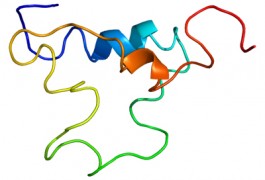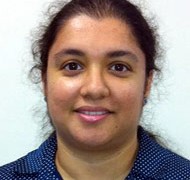Medication nation
U.K. doctors prescribe fewer medications for autism than doctors in the U.S., perhaps due to tighter drug laws and a more conservative medical culture, suggests a new study, published 17 May in Psychopharmacology.

U.K. doctors prescribe fewer medications for autism than doctors in the U.S., perhaps due to tighter drug laws and a more conservative medical culture, suggests a new study, published 17 May in Psychopharmacology.

Insulin-like growth factor 1, a drug approved for use in children with short stature, reverses neurological deficits in mice with an autism-linked mutation in the SHANK3 gene, according to a study published 27 April in Molecular Autism.
The number of autism research studies in the U.K. has doubled in the past decade, but the country still lags behind the U.S. in the amount of funding and the diversity of its projects, according to a report released today at the House of Lords.

Studying regression in Rett syndrome may help us understand the phenomenon in autism, as it occurs at the same time in both disorders and includes many of the same features, says Jeffrey Neul.

The mutation that causes tuberous sclerosis complex, an autism-related disorder, may disable calming signals in the brain, leading to hyperactive neurons, according to a study published 8 May in Neuron.

Following the suspension in early May of two clinical trials of arbaclofen, a candidate drug for autism and fragile X syndrome, parents are appealing to the U.S. government and several pharmaceutical companies to continue testing the drug.

The lack of substantial evidence to support the use of music therapies for autism limits its implementation in schools and clinics, says Anjana Bhat.

The National Institute of Mental Health’s $9-million bet on aggressive autism drug development reflects the dearth of treatment options for the disorder. Will this ‘fast-fail’ approach pay off?

A $9 million grant to the University of California, Los Angeles aims to drive clinical trials for autism that would quickly rule out ineffective compounds.

The precious few long-term studies of autism have produced unique insight into the development and ultimate outcomes of the disorder. How can we encourage more of them?